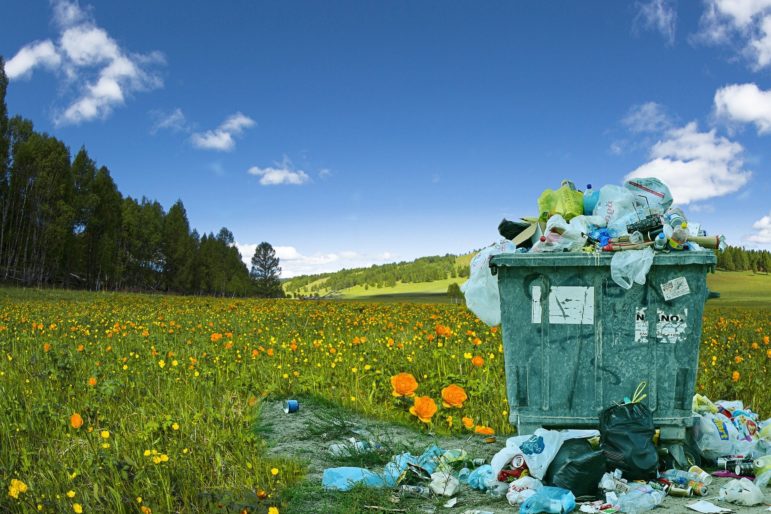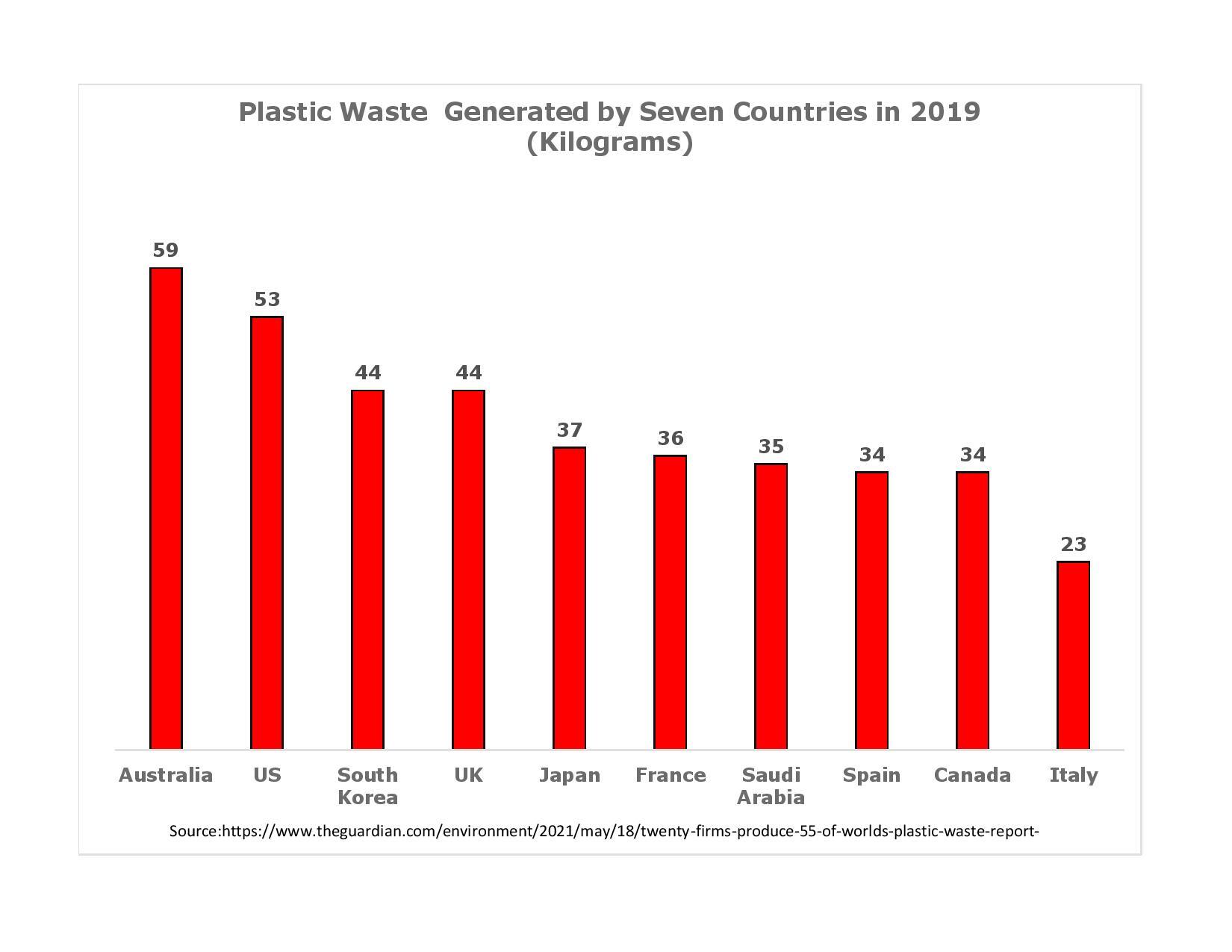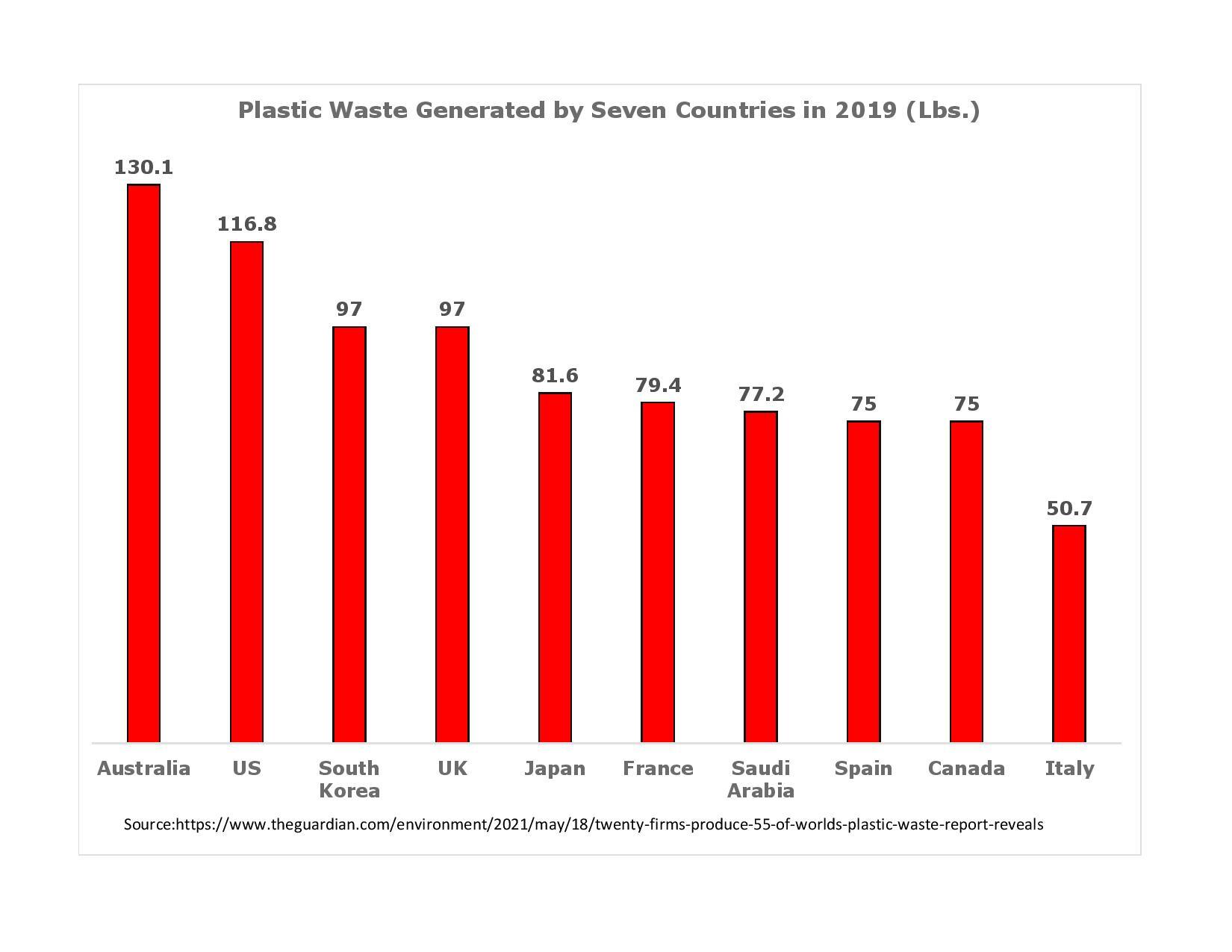TWH – In early July of 2021, the European Union (EU) began to ban single-use plastics. In its statement, “Questions & Answers – Guidance on the application of Single-Use Plastic Rules,” it clarified this ban, which applies to all member states of the EU.
On July 3, 2021, all 27 EU member states “must have in place measures to ensure that certain single-use plastic products can no longer be placed on the EU market.” The EU did not outline how the ban would be enforced.

Image credit: Pete Linforth from Pixabay
The EU has only banned plastic products for which non-plastic alternatives are available. The banned items include plastic cutlery, plates, straws, and cups, including food and beverage containers made of expanded polystyrene. The EU included “biodegradable” plastics in this ban, citing that “[T]here are no widely agreed technical standards available to certify that a specific plastic product is properly biodegradable in the marine environment in a short timeframe and without causing harm to the environment.”
During the COVID-19 pandemic, some single-use plastic items, like face masks and protective gear, are necessary. The EU has exempted those items from the ban.
According to PBS, this ban marks the beginning of an aggressive campaign to reduce plastic waste. The EU introduced its plastics strategy in 2018. It will change the design, manufacture, use, and recycling of plastics.
In its aggressive plan, the EU has a target date of 2030 to meet three goals. First, the EU plans to end throwaway plastics. Second, it also plans to develop a plastic recycle/reuse system. Third, the EU plans to develop an internal European market for recycled plastics.
Currently, the EU recycles 41.5% of its plastics, and has set a target date of 2025 for recycling 50% of plastic packaging and 77% for recycling plastic bottles. The EU has ordered that by 2025 clear plastic bottles would have to contain 25% recycled plastic. By 2030, it will require all plastics to be recyclable.
In Europe, litter is overwhelming its saltwater beaches and seas. About 85% of those beaches have litter that exceeds pollution standards. The litter is worse along its Mediterranean beaches. Researchers have found 274 pieces of plastic debris per 100 meters (328 ft.) of its shoreline. Microplastics, floating in coastal waters can turn those waters into a plastic soup. The rest of the world only recycles 14% to 18% of plastics. The US, the largest producer of plastic waste, recycles less than 10% of its plastic waste.
The EU has seen a 92% increase in its recycling of consumer plastics since 2006. At the same time, dumping plastic waste in landfills has decreased by 54%.
Who will bear the financial cost of this ban?
In the 1990s, the EU adopted the principle of “extended producer responsibility” in EU law. That places the responsibility for recycling on the manufacturer. That may take the form of higher taxes on the manufacturer to incentivize recycling.

Image credit: 👀 Mabel Amber, who will one day from Pixabay
PBS reported that Zero Waste Europe said, “Ensuring producers bear 100% of the cleanup costs will encourage the manufacturer to work with municipalities to ensure high collection of their products.” Carmine Trecroci, University of Brescia, said that Germany is already charging plastic producers €1.5 billion per year.
In 2021, the EU has fined plastic companies €800 per metric ton (1000 kg) of unrecycled plastic waste. Coca-Cola Europe has begun to produce 50% of its plastic bottles from recycled content.
International trade in plastic waste
The Western world has exported much of its plastic waste to Asia. As a result, Asia is now dealing with the plastic waste of the West as well as its own. China has now refused to accept any more exported plastic waste which has disrupted the international trade in plastic waste
According to PBS, the EU ban will prohibit EU companies from exporting their plastic waste as of 2021. On average, they had been sending 1.7 million US tons (1,542.2 kg) to the developing world each year. Europe will now be responsible for cleaning up the all plastic waste it creates.
The Minderoo Report
The Minderroo Foundation of Australia has issued a report “The Plastic Waste Makers Index.” All single-use plastic begins with the manufacture of certain polymers. This 86-page Minderoo Foundation Report identifies which companies produce those polymers.
The report found that in 2019, 20 companies generated over 50% of single-use plastic waste. Three companies, ExxonMobil, Dow, and Sinopec produced most of the polymers. Sinopec is the state-run Chinese fossil fuel behemoth. Together, those three companies produced polymers that resulted in 16% of global plastic waste.
Former US Vice President Al Gore wrote the forward to the Minderoo report, linking the plastic waste crisis to the climate crisis. The fossil fuel industry lies at the base of both. Enough pressure has developed to force a start to “decarbonization.” That start has occurred in just two sectors of the fossil fuel industry: electricity generation and transportation. Petrochemicals form another profit sector for that industry. About 75% of petrochemicals will become plastic, and the manufacturing process for plastic produces greenhouse gasses. The long life of plastic after use ends up in landfills, oceans, and beaches.
By 2050, single-use plastic will generate five to 10% of global greenhouse gases. Globally, 100 large companies manufacture 90% of polymers that end up as single-use plastic waste. These companies fail to recycle plastics, and they continue to use fossil fuels to produce polymers.
The 20 top plastic waste producing companies have headquarters all over the world. Eleven have headquarters in Asia with five in China alone. Seven have headquarters in Europe or North America.
The transition from single-use plastics to multi-use plastics will take “immense political will.” About 30% of the polymer producers are state-owned by nations such as China, Saudi Arabia, and the United Arab Emirates. Longstanding regional power imbalances and national interests will undoubtedly complicate a transition from single-use plastics to multi-use plastics.
While resolving the plastic waste will take more than just individuals recycling their plastic, steps taken by the EU in its ban could have a major impact depending on it is enforced and whether other countries follow suit and develop their own plans for addressing plastics, recycling, and plastic waste.
The Wild Hunt is not responsible for links to external content.
To join a conversation on this post:
Visit our The Wild Hunt subreddit! Point your favorite browser to https://www.reddit.com/r/The_Wild_Hunt_News/, then click “JOIN”. Make sure to click the bell, too, to be notified of new articles posted to our subreddit.

